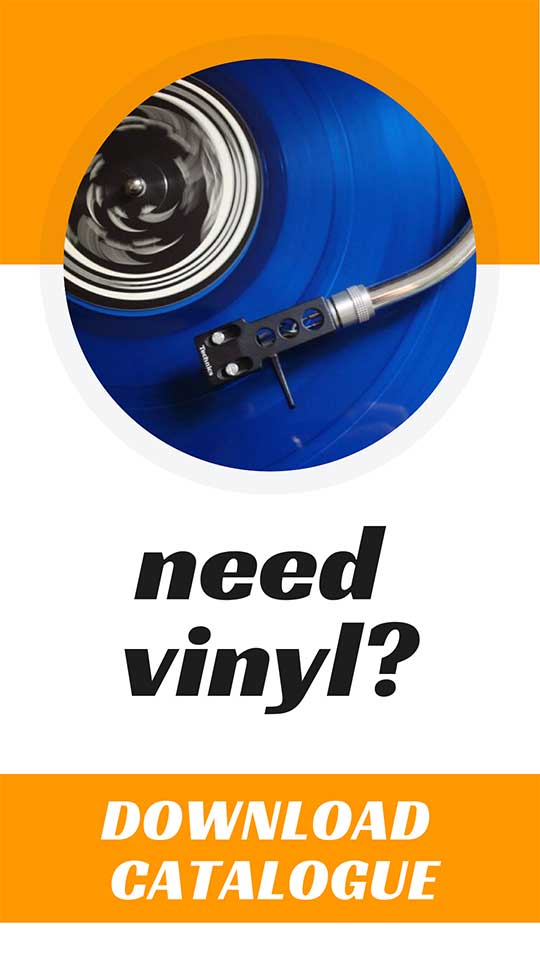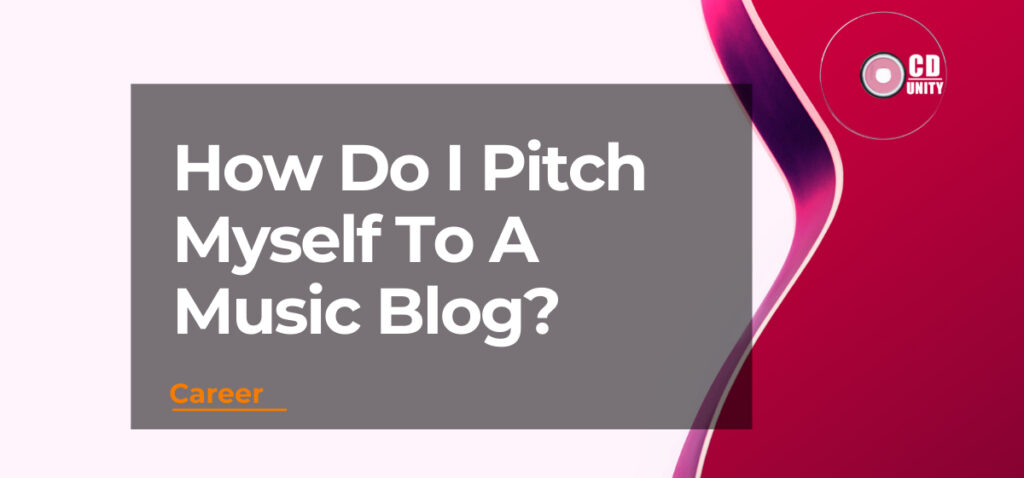
Pitching yourself to a music blog
Struggling to get your music featured on blogs? You’re not alone. Research shows that personalised pitches can significantly increase your chances of success.
This blog will guide you through the essential steps—from crafting an engaging press kit to submitting your music efficiently.
Quick Facts
- Build an engaging electronic press kit (EPK). Host it on your website with links to music platforms, bio versions, and high-quality images.
- Focus half your effort on researching the right blogs. Use a spreadsheet for tracking contact details, submission guidelines, and preferences.
- Write clear and concise email pitches. Personalise each message by addressing the blog by name and referencing recent articles.
- Provide direct links in emails to make accessing your music easy. Double-check all URLs to ensure they work correctly.
- Follow each blog’s submission guidelines meticulously. Proofread all content before sending to maintain professionalism.
Create an Engaging Press Kit
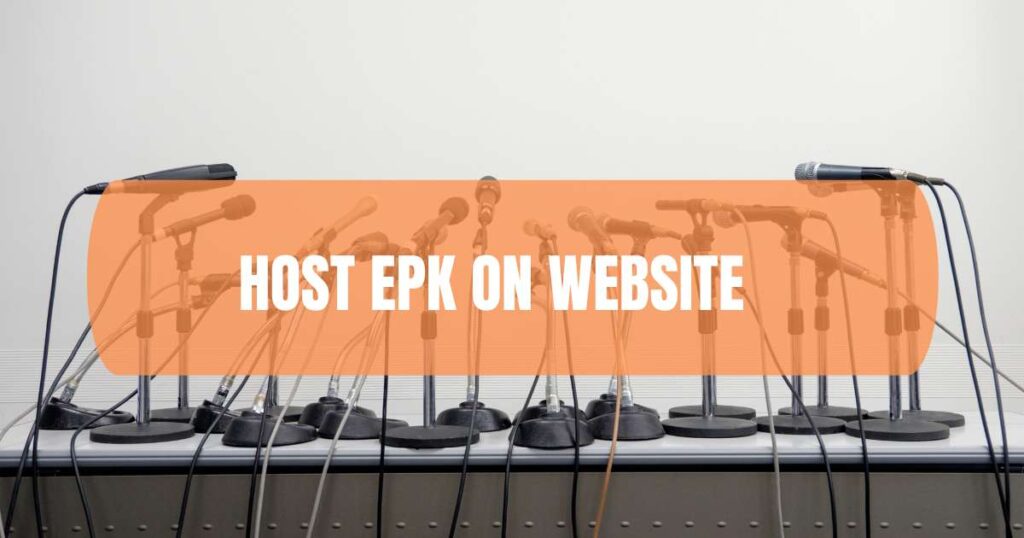
Host EPK on website
Musicians should host their electronic press kit (EPK) on their website. This makes it easy for bloggers and media outlets to access everything in one place. The EPK should include links to music on platforms like Spotify, SoundCloud, and YouTube.
Also, add high-resolution band photos and a PNG image of the band logo.
Both long and short versions of the biography are useful in an EPK. A detailed bio provides more context for those interested in your music career, while a shorter version can be ideal for quick reads.
Hosting all this content on your website ensures it’s always readily available to anyone wanting to pitch or feature you.

Provide direct link in email pitches
Ensure the press kit is hosted on your website. Then, embed or provide active links when emailing it to music blogs. This makes it easier for curators and bloggers to access your materials quickly.
Including a direct link shows professionalism and saves time for busy reviewers. Double-check that all links are clickable and lead straight to your EPK—nothing frustrates more than broken links!

Include examples
Include examples of successful EPKs to guide others. Show how artists structure their media and marketing portfolios. An effective EPK might contain a short artist bio, promotional photos, artwork, and—crucially—the best music tracks.
Featuring bands like “Radiohead” can be inspiring. Their EPK often highlights unique sounds and visuals that stand out. Incorporate similar elements into your own portfolio for pitching your music to blogs.
Research the Right Blogs

Spend 50% of time planning and researching
Musicians should dedicate at least 50% of their time to planning and researching before pitching. Identify blogs that align with your music style. Create a spreadsheet with blog names, contact information, submission guidelines, and any other important details.
Be methodical in your approach. Research helps you avoid wasting effort on blogs that aren’t suitable for your genre or fanbase. Use tools like SubmitHub or social media to find the right contacts.
A well-researched pitch increases the chances of getting featured, making all that planning worthwhile.
Browse our CD duplication products

Be methodical
Keep track of your research. Create a spreadsheet to list potential music blogs. Note down each blog’s requirements and preferences. This will save time and avoid repeated mistakes.
Focus half your effort on planning and researching the right blogs. Spend this time reading their work, following them online, and understanding their style. Forming a connection with content creators can make all the difference—especially if you offer exclusive content like an unreleased song!
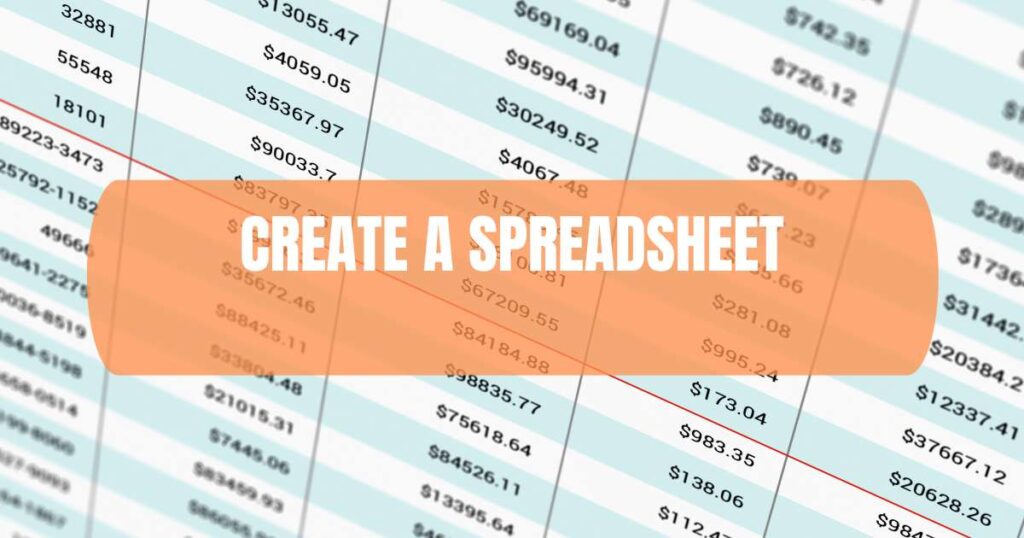
Create a spreadsheet
Creating a spreadsheet helps target the right blogs more effectively. Start by listing potential music blogs in one column and then add columns for contact details, submission guidelines, genre focus, and other notes.
This methodical approach simplifies your research process.
Spend at least half of your time planning and researching these blogs. Add new entries as you find them and keep everything organised. This system ensures you don’t waste time pitching to the wrong outlets, increasing your chances of getting featured.
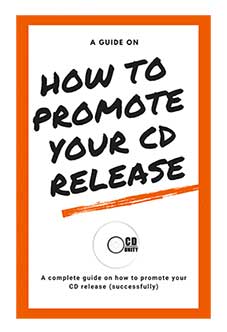
Download FREE pdf
Be prepared for your CD release!
With our guide you’ll be on the sure path to
release your CD successfully.
Make an Effective Pitch

Keep it simple
Keep the pitch simple, clear, and concise. Musicians should avoid using attachments in email pitches; include relevant links instead. A clear subject line helps grab attention immediately.
Cluttered emails can confuse bloggers. Keep your message focused on key points—introduce yourself briefly and get to the heart of your music. This direct approach increases the chance that they will listen to your music and feature it on their blog.

Personalise the email
Address the blog by name and refer to specific articles they’ve written. This shows you care enough to do your homework. Mentioning a recent post or an artist they’ve featured makes the email stand out.
Include your story in a few lines—highlight what makes your music unique. Avoid attachments; instead, use links for music files and social media pages. Personal touches can make a huge difference and increase the chances they’ll listen.
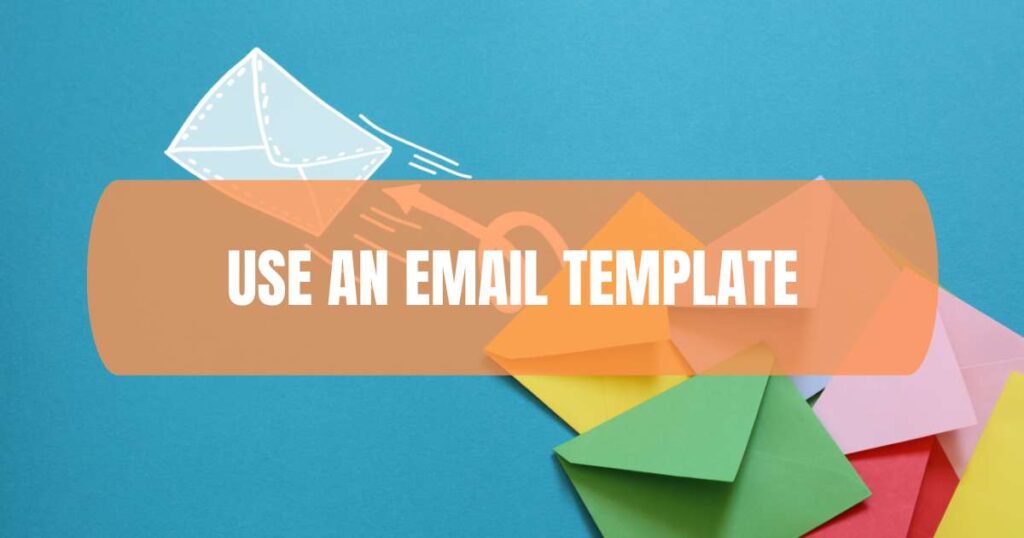
Use an email template
Personalising an email is crucial, but a well-structured template can make the process smoother. Templates help ensure that no essential details are forgotten and maintain consistency.
Ready-to-use music submission email templates streamline pitching your music to blogs. Tailor these templates by adding personal touches; mention why you’re contacting this specific blog and how their content aligns with your style.
This keeps emails professional yet unique, helping them stand out in crowded inboxes.

Include your story
Musicians need to share their unique journey. Connecting with the recipient is crucial. Instead of just listing accomplishments, talk about personal stories behind songs. This makes your music more relatable and engaging.
Include details like inspirations and struggles faced along the way. Explain what makes your music special by giving examples, creating a vivid picture for readers. Tell them why they should listen—give them a reason to care!
Tips for Submitting Music to Blogs
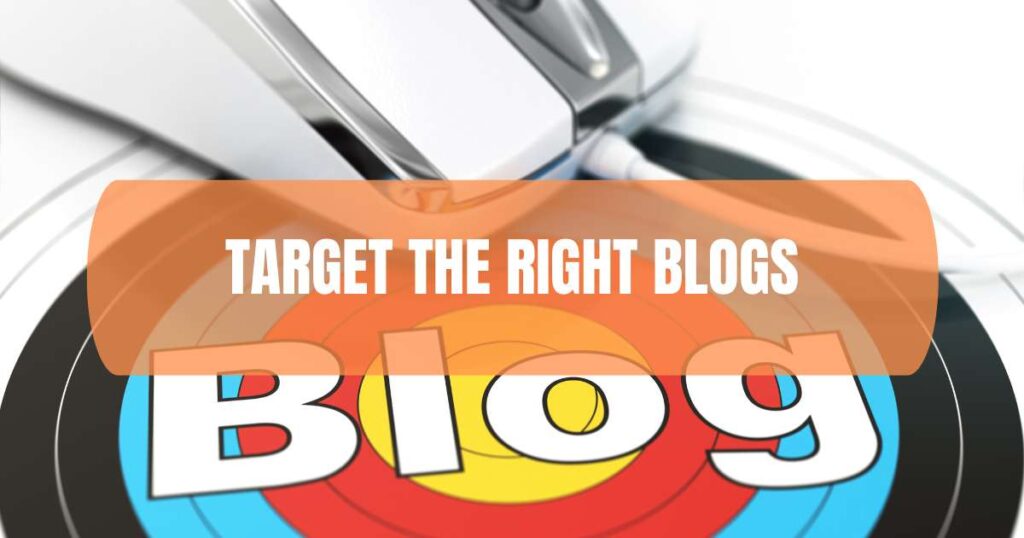
Target the right blogs
Choosing the right blogs is crucial to get your music noticed. Musicians should align their submissions with blogs that match their genre and audience. Spending about 50% of your time on planning and researching is essential.
Make a list and be methodical—create a spreadsheet with details like submission guidelines, contact info, and response times.
Ensure you follow each blog’s specific rules when you pitch to music blogs. Incorrect formats or missing information can lead to rejection. Provide easy access to your tracks using links from platforms like Dropbox or Spotify playlists.
Check that all links work properly before hitting send… It’s simple steps like these that increase chances of getting featured!
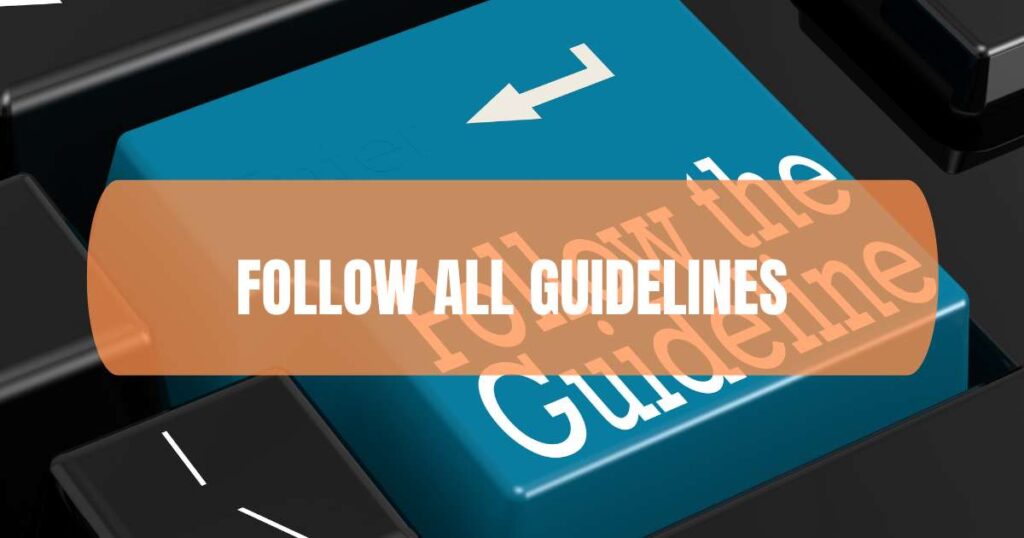
Follow all guidelines
Following submission guidelines is crucial. Blogs often have specific rules for submitting music, like format requirements or deadlines. Ignoring these can result in your pitch being overlooked.
Providing easy access to your music involves including links that actually work—check them before sending.
Personalising emails can make a big difference; bloggers are more likely to consider pitches that feel crafted just for them. Proofread everything carefully, avoiding typos and errors, which give a bad first impression.
Simplifying the process will help you stand out and get featured on more blogs and media outlets.

Provide easy access to your music
Musicians should make it easy for bloggers to listen to their songs. One effective way is using platforms like SubmitHub, which allows artists to filter blogs by genre and increase visibility through standard or premium credits.
Quick access means more chances of getting your music featured.
Include direct links in your email pitches. Use reliable services like Google Drive or Dropbox if a platform isn’t available. Ensure the links work and are not broken—bloggers won’t chase down faulty URLs.
Aim for simplicity and convenience, making sure they can hear your tracks with just one click!
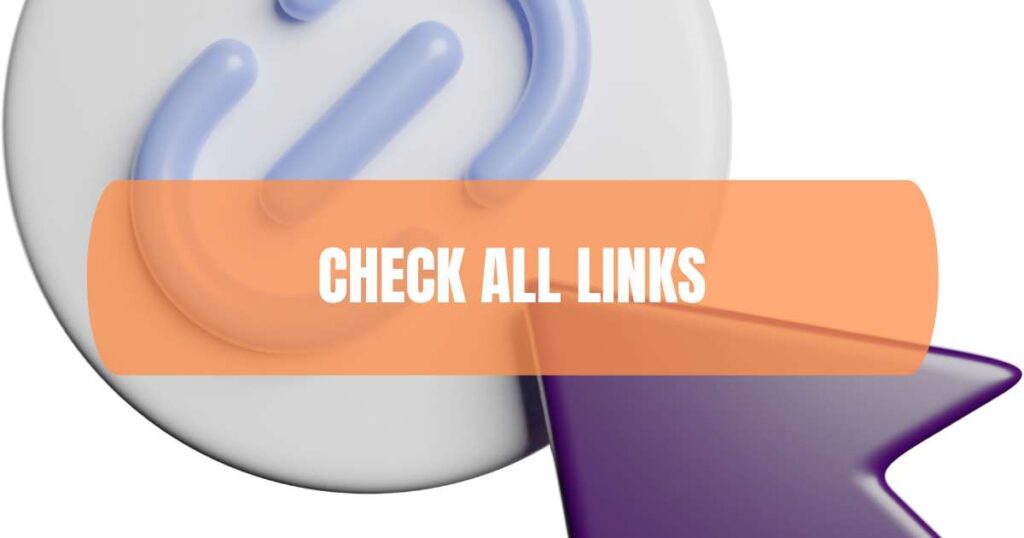
Check all links
Double-check all links before sending your submission. Broken or incorrect links can make you look unprofessional and frustrate the blog editors. Include direct URLs to your Electronic Press Kit (EPK), social media pages, and streaming platforms in every email pitch.
Test each link to ensure they lead directly to the intended page. This means no landing on a homepage where the editor has to search for your content. Also, use tools like Link Checker or Check My Links to validate multiple URLs at once—this saves time and reduces manual errors.
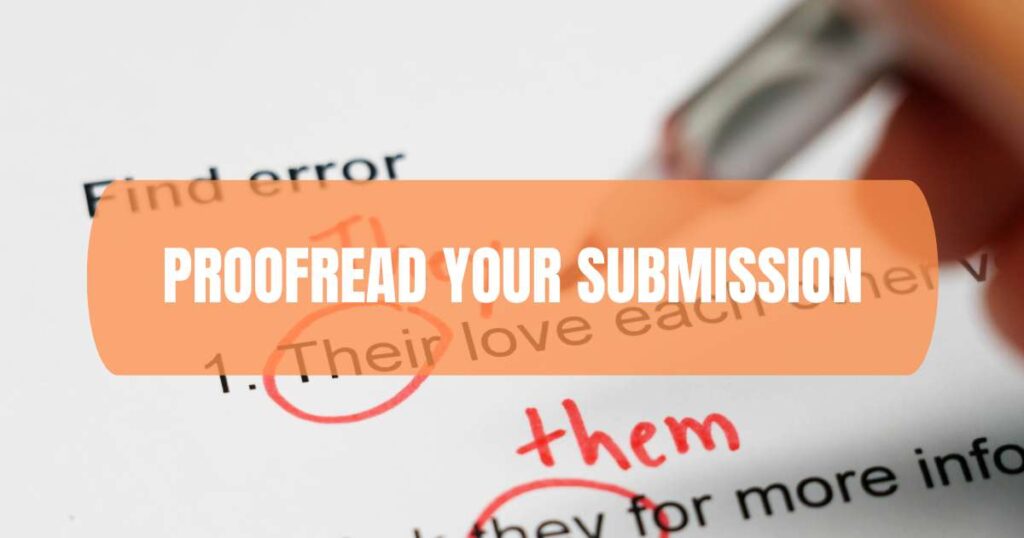
Proofread your submission
Catch errors before hitting send. Proofread your email for spelling and grammar mistakes. Ensure every link in your pitch works as intended—they should lead to the correct destination without any hiccups.
Create an email template to streamline the process, but always customise it for each blog you’re pitching to ensure personalisation. Research blog contact details thoroughly and follow all submission guidelines provided by each site.
A well-proofread submission shows professionalism and increases chances of acceptance.
All in All
itching to a music blog can boost your visibility and reach the right audience.
Craft a strong press kit, research thoroughly, and send personal pitches. Always include easy access to your music and follow up politely.
Cheers, Josh
The Big Lists Of Music Promo Contacts
Includes PR companies, UK promoters & UK booking agents. Everything you need to put your band on the map.
Access ListsHello, I’m Josh, and I’ve been honing my graphic design skills for almost 15 years now, catering to the needs of bands and businesses alike. What really fascinates me is the business aspect of the music industry. In addition to my design work, I also happen to play the Hammond organ, and I strive to share my knowledge through helpful articles that I write exclusively for you all!

